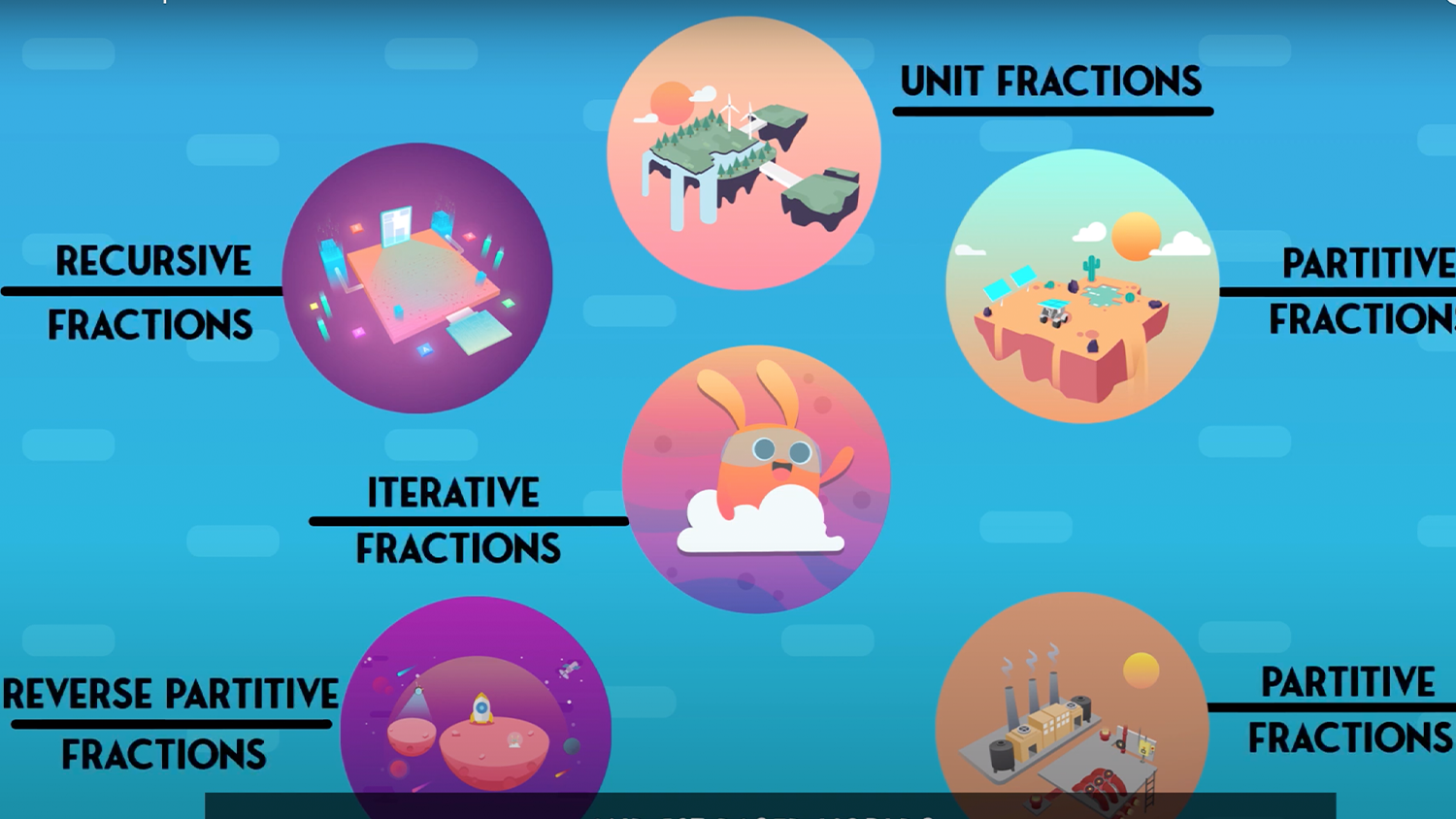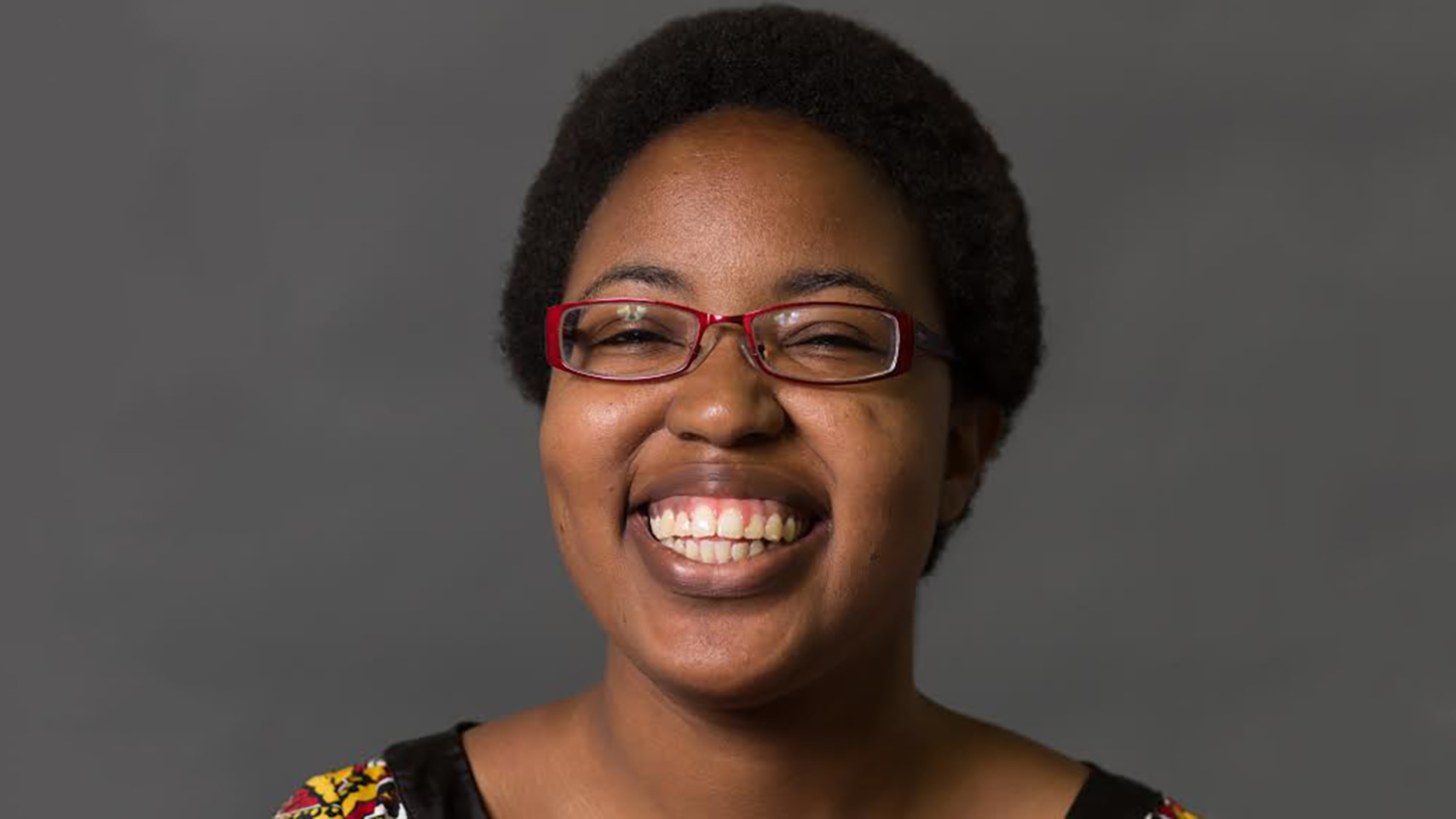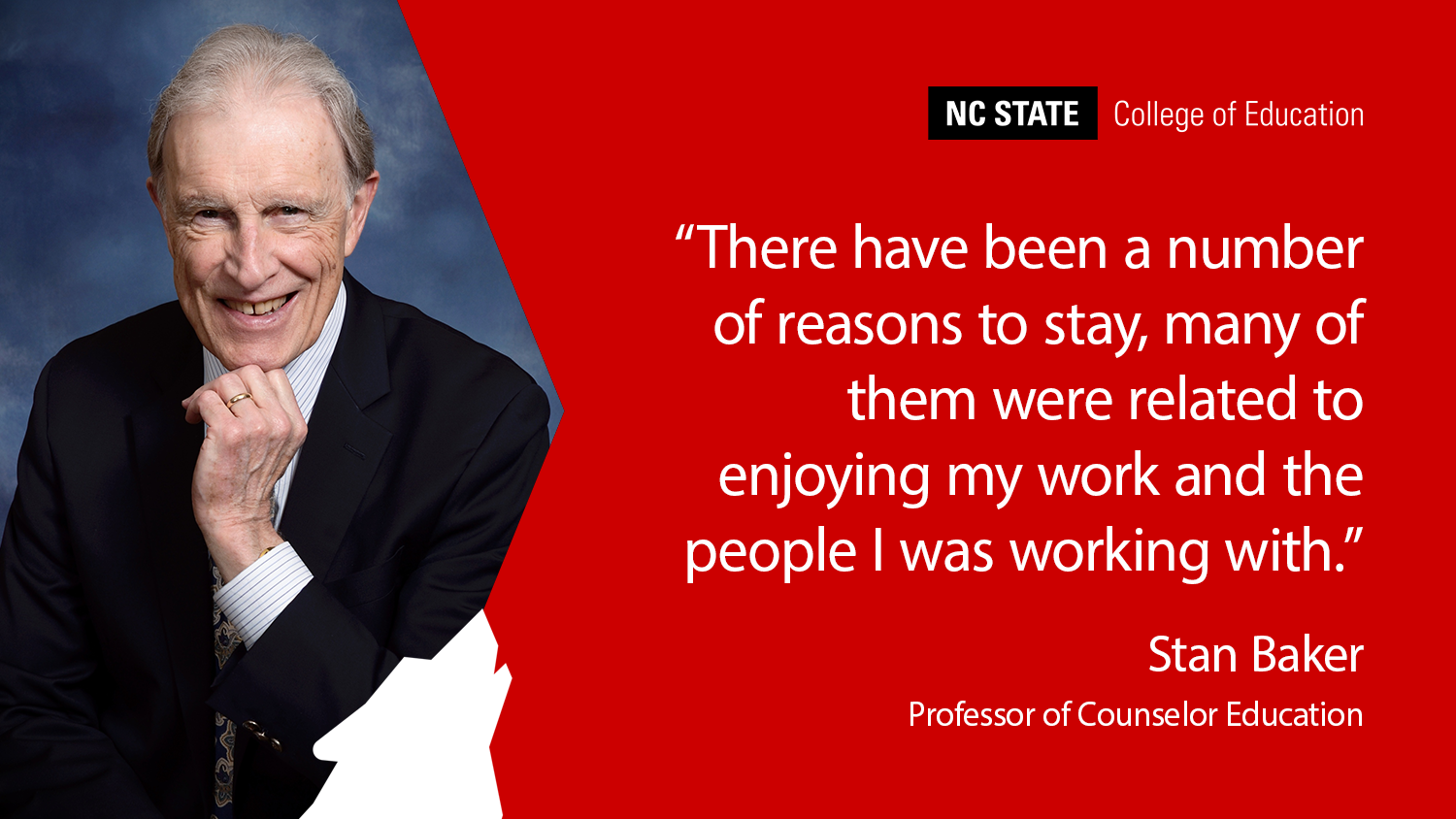Educational Game Developed by Associate Professor of Mathematics Education and Special Education Jessica Hunt Named Finalist in EdTech Digest Awards

An educational game developed by NC State College of Education Associate Professor of Mathematics Education and Special Education Jessica Hunt was recently selected as a finalist in two categories of the 2024 EdTech Digest EdTech Awards.
Dream2B and its wrap-around ModelME curriculum aim to increase student understanding of fractions through a play environment that features universally designed challenges rooted in real-world STEM and information and communication technology (ICT) careers.
The Dream2B game was named a finalist in the Games for Learning and Products or Services Setting a Trend categories.
“It’s very exciting for our development and research teams to be named as finalists for these awards,” Hunt said. “There are so many well known and respected companies and products represented, so to be included with them is extremely encouraging and affirming for our group.”
Funded by a $1.4 million National Science Foundation Grant, development of Dream2B began in 2020. In a mixed-methods study in 2023, Hunt and the project team found students who participated in the game had increased conceptual understanding of fractions as well as increased interest in STEM.
In a recent experimental study, the team found that students in the ModelME group significantly outperformed controls on fraction knowledge and STEM interest as a result of engaging with the game. The game has been used with teachers in North Carolina, California and Florida.
“We’re so excited to see the positive impacts the program has had on students’ fraction understanding and their interest in STEM,” Hunt said. “We look forward to supporting educators and curriculum developers to integrate game-enhanced learning strategies into their teaching practices.”
- Categories:


